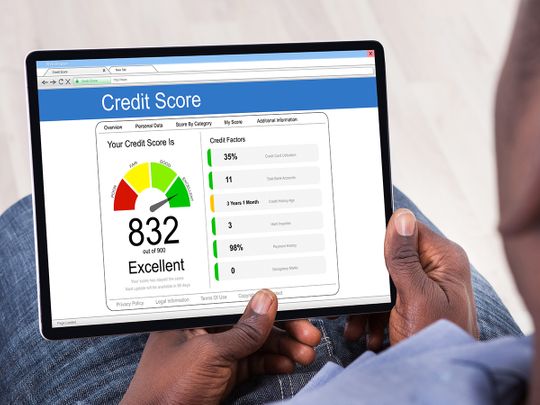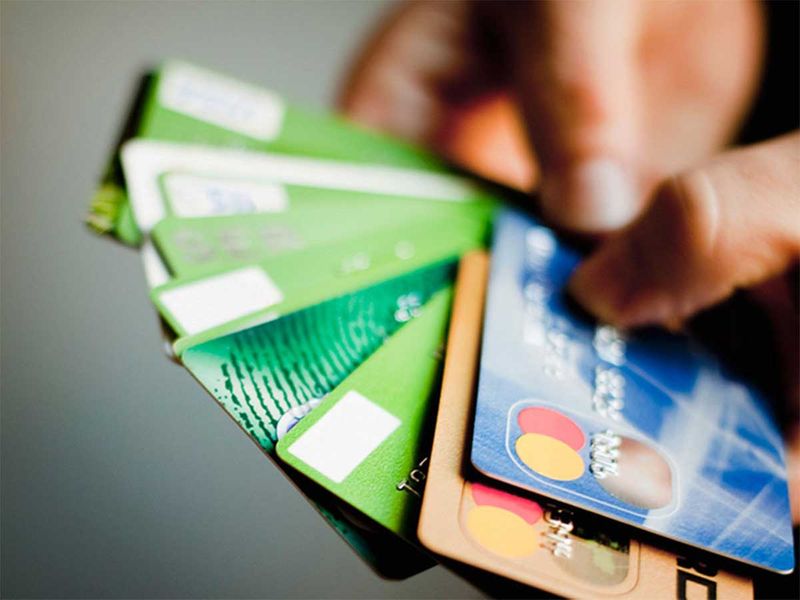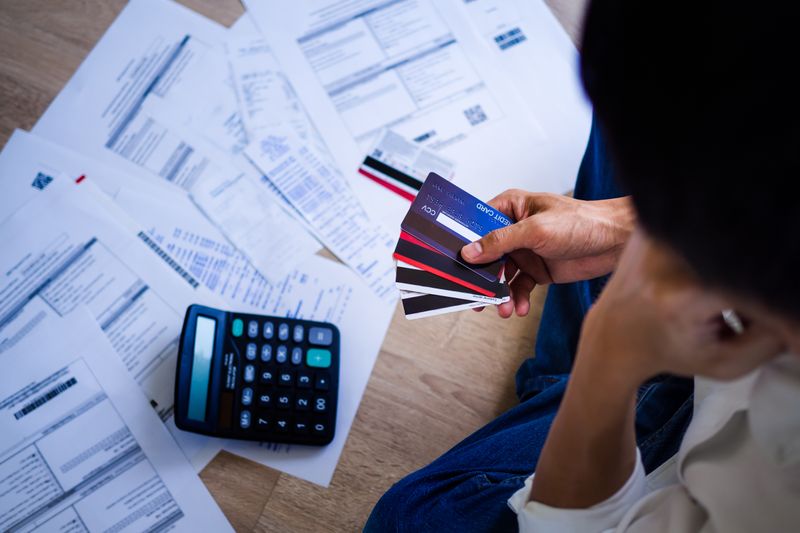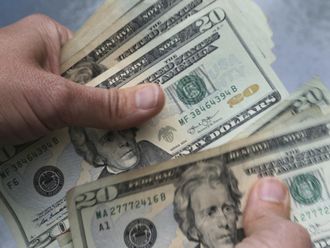
Credit scores are complicated and because rating agencies consider many factors, the process of improving them can look different for everyone.
When Willard Carpenter, 68, wanted a loan to open a new business, he realised that his credit score was not high enough to get approved. After checking his credit history, he found several issues he needed to solve.
Carpenter's credit was heavily affected by credit card debt that his father left on their joint account after his death over a year and a half ago. He's also had no credit cards for at least 10 years - he stopped using them after he declared bankruptcy due to credit card debt.
Now, he is working with a financial advisor to erase his father's debt from his history and start building up his credit in a safe way.

Here are some tips for how you can do the same:
Know your starting point
The first step towards increasing your credit score is knowing your current score and what is showing in your credit report, said Kristin Myers, editor in chief of The Balance, a personal finance website.
"You can't fix what you don't know," she said. "See if there are any errors or if you've previously made a dispute and it keeps showing up."
Once you see what is in your report, you can start identifying where you might have weaknesses. For example, if you have a large amount of debt on one of your credit cards, start paying off that debt to reduce the credit utilisation that is affecting your credit score.
So, for example, if you have two credit cards, each with a Dh1,000 limit, and owe Dh500 on one and Dh250 on the other, your credit utilisation ratio is Dh750 divided by Dh2,000, or 37.5 per cent.
Tackle your debt, as much as you can
Ideally, you pay off your credit card every month. But, if that is not possible for you, making small payments can help you maintain or increase your credit score.
If you can, pay just a bit more over the minimum monthly payment so you pay less interest over time.
A well-known payment method is the 'debt snowball' where you pay down your debts from smallest to largest, to build momentum and good habits. Once the smaller debts are paid off and you have built a habit of paying off debt, the money you were used to putting aside every month can then go toward larger debts.
Another small way to tackle debt is the wider recommendation to "use cash when it's under Dh20" to avoid overspending on your credit card.

Avoid more debt, if you can
Not acquiring new debt is another way to increase your credit score, Myers said. If you have not paid off the debt that you currently have, it's best to not open more lines of credit. If you are in a position where you rely on credit due to economic circumstances, try to avoid unnecessary purchases that could significantly increase your debt.
Use credit cards, but in moderation
Many people's first instinct is to not use any credit cards to avoid getting into debt. However, this is not a good tactic if you want to have a good credit score. It's best to have at least one credit card but the key is to use it moderately, said Colleen McCreary, consumer financial advocate at US-based Credit Karma.
"You don't want to use more than 30 per cent of the credit that's available to you, but you want to be using those cards even just a little bit to prove that you can be trusted," she said.
When using your credit card, make sure to pay on time each month and try to use it only for purchases that you were already planning to make, and can afford.
Do not close your old accounts
After you have paid off your credit card, you might think it's best to close the account to avoid using it again.
This actually hurts your credit score. Since one of the factors in your credit score is the length of your credit history, if you close your oldest credit card account, you are also erasing this from your credit history.
"Keeping the length of that credit history open is incredibly important because the length of time you've had a loan or line of credit is going to boost your credit score," Myers said.

If you don't have any credit history, start safe
If you are starting and want to build your credit, there are several ways to make this process safe for you to not get into debt. One of the most recommended ways is to open a 'secured card', which are credit cards that require a deposit that usually amounts to the amount of credit that you are given.
The deposit is there in case you can't pay back the credit but it is given back to you after you upgrade to an 'unsecured' card. Secured cards are reported to the credit bureaus, which means this line of credit shows in your credit report and it can help build or fix your credit score.
While secured credit cards are a popular option for building or rebuilding credit, they aren't necessarily better or worse for your credit than unsecured cards. In fact, the type of card, the card's fees, the interest rate and whether it's secured don't have any impact on your credit scores.
That's how Carpenter is planning to build up his credit score.
"This will allow me to start with a low limit and pay it off every month and then I can ask for a higher limit," said Carpenter, who lives in the US. Carpenter plans to open three credit cards and utilize a maximum of 25 per cent of the allowed credit, he said.











